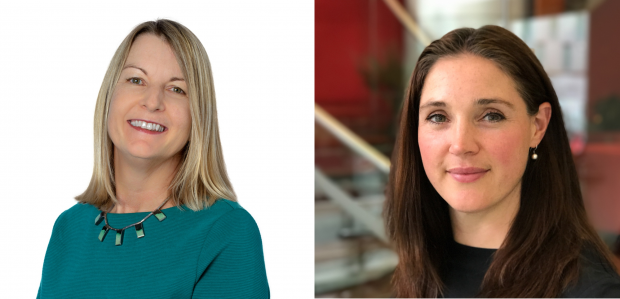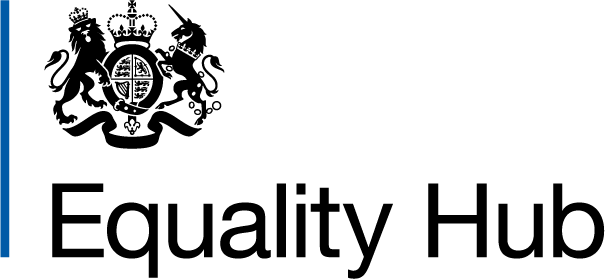Julianne Miles is the Managing Director of Women Returners, and Natalie Gill is Programme Director at Timewise. In this post, they talk about new guidance on creating returner programmes and why they make business sense.

Women Returners and Timewise are delighted to have partnered with the Government Equalities Office to co-write the "Returner Programmes: Best Practice Guidelines for Employers", based on our combined experience, and on existing and new research evidence. This guidance forms part of the Prime Minister’s £5m commitment in the 2017 Spring Budget to promote returner programmes in the public and private sector.
"Returners" are people with existing work experience who have taken an extended career break for caring or other reasons and who are either economically inactive or working in lower-paid, temporary work or in home-based or freelance roles. They can be men or women, however are predominantly women. They are not women returning to the same organisation after maternity leave.
Back in 2014, when the concept was first pioneered, returners were not on the UK business recruitment radar; searching for ‘returnships’ brought up articles on space programmes, not returner programmes.
As a result, even the most highly experienced, well-qualified professionals struggled to get back into suitable roles after taking time out of the workplace for caring or other reasons. A huge wealth of (mainly womens') talent was going to waste.
The world has changed – and it’s good news for returners
Now, four years later, the situation is very different. UK organisations across all sectors are waking up to the value of this previously untapped talent pool, and opportunities for returners are multiplying as a result.
To date, more than 40 leading companies have run returner programmes, including Balfour Beatty, Credit Suisse and Virgin Media, and new programmes are being announced all the time. These programmes have successfully supported hundreds of experienced women and men to pick up their careers, using existing and transferable skills from before and during their career breaks.
What exactly are returner programmes?
Returner programmes offer a supported bridge back to work for people who have taken a long career break (typically 2 or more years). They can be for one person or a group, so are relevant for smaller companies as well as multinationals.
As the guidance explains, there are two main types of returner programme. "Returnships" evolved from internships – they’re fixed term contracts for experienced people with a strong likelihood of a permanent role at the end - whereas "supported hiring programmes" bring returners directly back into permanent roles.
In both cases, the participants in the programmes are competitively paid and receive additional support, such as training, coaching and mentoring, to help them make a successful transition back to work.
Flexible working is high on the list of priorities for the majority of returners, and so is a core part of many returner programmes. Indeed, the success of returner programmes has been underpinned by the change in the conversation over the last 5 years about part-time and flexible working in senior level jobs.
How can the Best Practice Guidelines help employers?
As the returner programme market grows, it’s important that all businesses benefit from the learnings from the early initiatives.
We are keen to promote best practice, so that any new programmes are designed and developed in a way that benefits both the organisation and the returners. We want to show that setting up a returner programme is achievable, cost-effective and makes commercial sense, whatever the size and sector of your organisation.
That’s what the guidance sets out to achieve. It offers practical advice and information on every stage of designing and running a returner programme, from setting out the business case, to designing programmes with flexibility built in. It’s an invaluable tool for anyone who wants to help encourage skilled people back into the workplace, and support them when they get there.
Where can you find out more?
You can download your copy of the guidance from GOV.UK. We hope you find it useful.
Women Returners is a consulting, coaching and network organisation which specialises in enabling professionals to return to work after an extended career break. A social business, they run a free returner network and pioneered the growth of returner programmes into the UK.
Timewise is a social consultancy whose aim is to unlock the flexible jobs market, enabling those who need flexibility to find good quality jobs. They have spent the last 10 years developing and sharing the business case for flexible working, and supporting companies to create strategies that help them attract, keep and progress the best talent.

Recent Comments